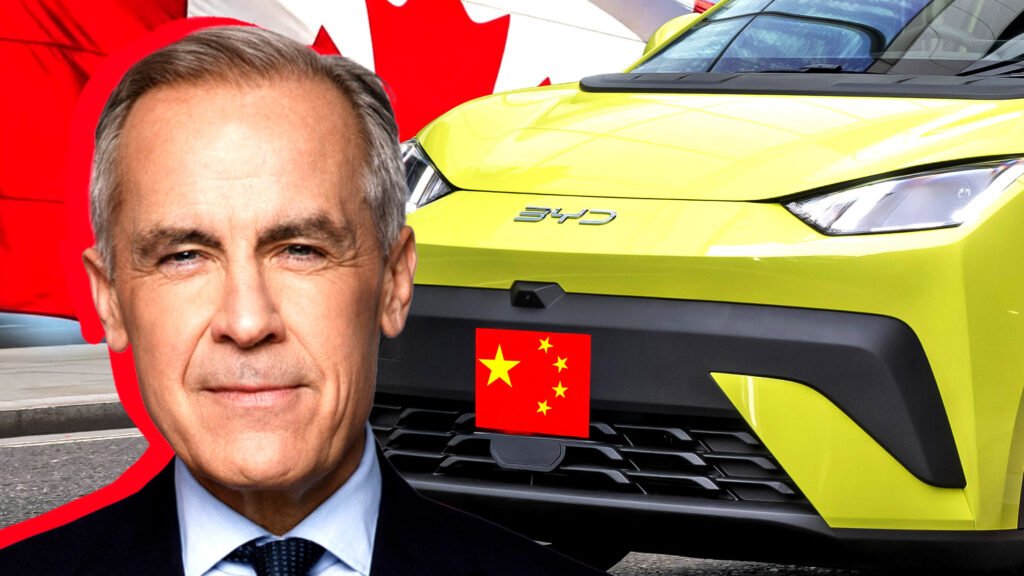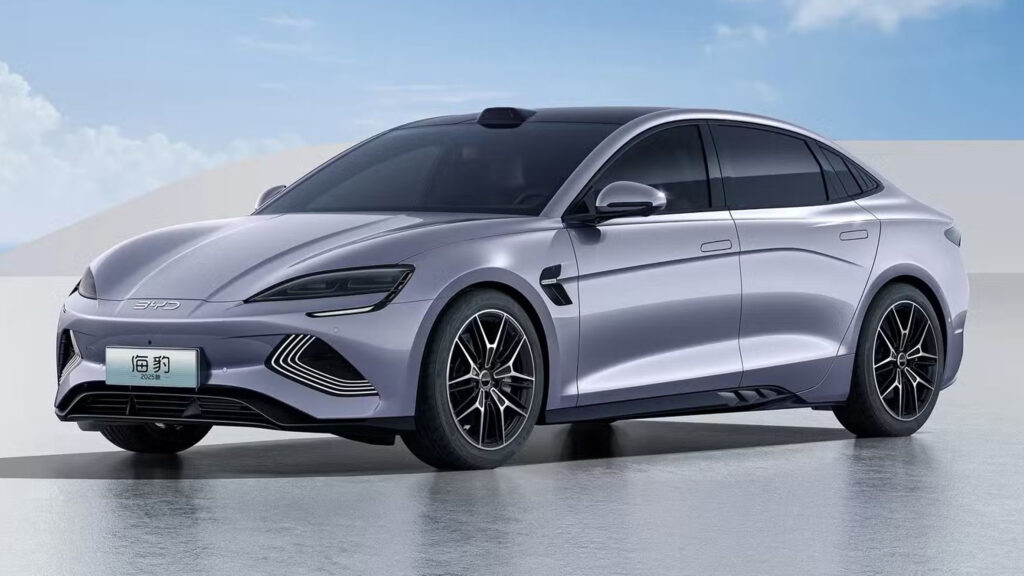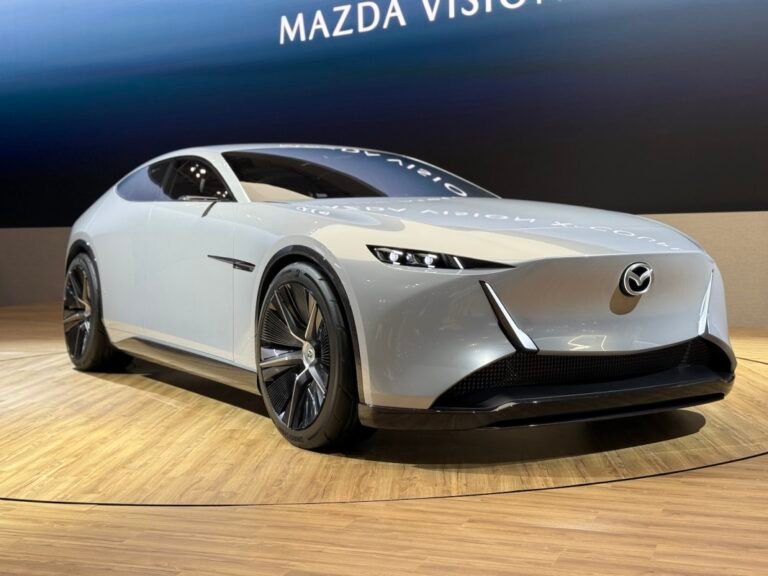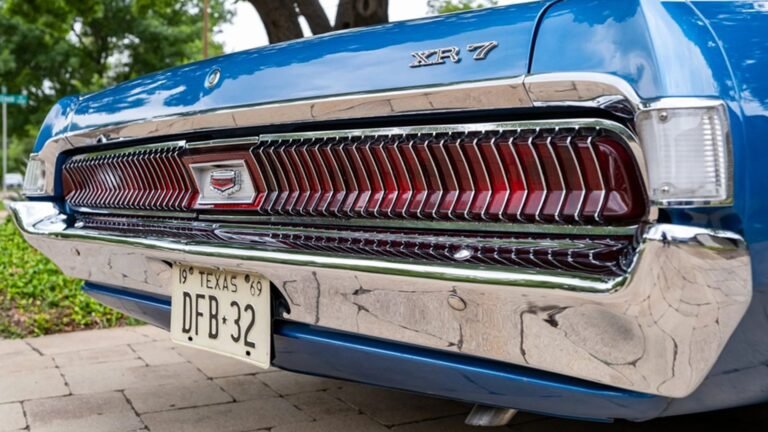

- Canada’s PM Mark Carney meets Xi Jinping amid tense trade discussions.
- Reports suggest Canada may drop EV tariffs to restart canola exports.
- Carney says no quick deal expected, needs more time to rebuild ties.
Seven years after Canadian leaders last met their Chinese opposite numbers, Prime Minister Mark Carney is sitting down with Chinese President Xi Jinping. At stake are billions of dollars worth of trade, but Carney hinted that the trade agreement many are hoping for might not materialise, at least not from this first face-to-face.
The two leaders are getting together at the summit of the Asia Pacific Economic Cooperation in Gyeongju, South Korea, and in the run-up to the meeting, some news reports suggested that Canada could be ready to axe the 100 percent tariff on imported Chinese EVs put in place in 2024.
Related: China Turns Up The Pressure As Canada Reconsiders Its EV Tariffs
Canada is under pressure to hit eco targets, and giving access to more affordable EVs could help. But the real pressure to cancel the EV tariffs is coming from Canada’s farmers.
The country’s Canola industry is worth billions of dollars, with a healthy chunk of that revenue coming from China. But exports to China have tanked since the Chinese placed a 75.8 percent tariff on canola seed in response to EV tariffs.
So a simple “you drop your tariffs and I’ll drop mine” handshake could sort everything, right? It’s not that easy, and Carney was careful not to suggest that he expected to come back from this initial meeting with an oven-baked trade agreement.
“We will explore what we can build on. This is our second largest trading partner. This is the second largest economy in the world,” Carney told the media in the build-up to the meet, as reported by CTV News.

“[But] there’s no preset offer. This is the difference between relationship and transaction,” he added, explaining that the relationship between the two countries needed to “deepen” and that there were many other topics up for discussion besides EVs.
Another reason Carney might hesitate before lifting EV tariffs is concern over the welfare of Canada’s own auto industry, which is already taking a beating from US President Donald Trump’s tariffs, and the current US-Canada tensions aren’t likely to ease those problems soon.
The last thing it needs is an influx of bargain-priced competitors from China.


